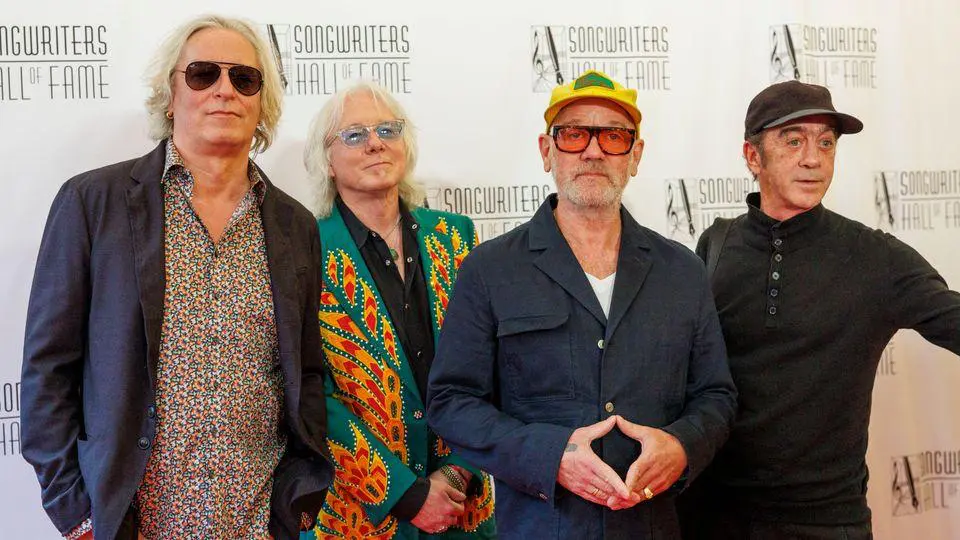A pivotal moment in music and politics: Michael Stipe’s powerful message
The intersection of music and political activism
In a world where the lines between art and activism often blur, musicians have long played a crucial role in shaping public discourse. One such influential figure is Michael Stipe, the frontman of the iconic band R.E.M. Known for his distinctive voice and thought-provoking lyrics, Stipe has never shied away from using his platform to address pressing social and political issues.
Michael Stipe’s call to action
“The choices in this election could not be more stark or more important,” Stipe recently declared, emphasizing the critical nature of the upcoming political decisions. His statement resonates deeply, reflecting a broader sentiment within the music community that recognizes the power of their influence.
The historical context of musicians in politics
Musicians have historically been at the forefront of political movements. From Bob Dylan’s anthems during the civil rights era to U2’s global activism, artists have used their music to inspire change. Stipe’s recent comments are a continuation of this tradition, urging fans to engage actively in the political process.
Analyzing the impact of R.E.M.’s music
R.E.M. has always been more than just a band; they are a cultural phenomenon. Their music, characterized by its lyrical depth and melodic innovation, has consistently addressed themes of social justice, environmentalism, and human rights. Songs like “Losing My Religion“ and “Everybody Hurts” have become anthems for those seeking solace and motivation in challenging times.
The technical brilliance of R.E.M.’s sound
R.E.M.’s sound is a masterful blend of jangly guitars, intricate bass lines, and Stipe’s haunting vocals. Their ability to craft songs that are both sonically rich and lyrically profound sets them apart in the music industry. This technical prowess, combined with their unwavering commitment to social issues, has cemented their status as one of the most influential bands of all time.
The broader implications of Stipe’s message
Stipe’s recent statement is not just a call to vote; it is a reminder of the responsibility that comes with influence. In an era where misinformation is rampant, and political polarization is at an all-time high, voices like Stipe’s are crucial in guiding public opinion towards informed and conscientious decision-making.
The role of artists in shaping public opinion
Artists have a unique ability to reach diverse audiences and convey complex messages in an accessible manner. By leveraging their platforms, they can foster a more engaged and informed electorate. Stipe’s message underscores the importance of this role, urging both fans and fellow artists to recognize the power they hold.
The future of music and activism
As we look to the future, the relationship between music and activism is likely to grow even stronger. With the rise of social media and digital platforms, artists have more tools than ever to mobilize their audiences and advocate for change. Stipe’s call to action is a testament to the enduring power of music as a force for good.
Embracing the legacy of musical activism
The legacy of musical activism is rich and varied, encompassing a wide range of genres and styles. From the protest songs of the 1960s to the socially conscious hip-hop of today, artists have continually pushed the boundaries of what music can achieve. By embracing this legacy, contemporary musicians can continue to drive progress and inspire future generations.
Conclusion: A call to engage
In these uncertain times, the words of Michael Stipe serve as a powerful reminder of the importance of civic engagement. As fans and citizens, we have a duty to stay informed, participate in the political process, and use our voices to advocate for a better future. Through music and activism, we can create a world that reflects the values we hold dear.
For more on R.E.M. and their influential music, explore their discography on MusicStill.
















